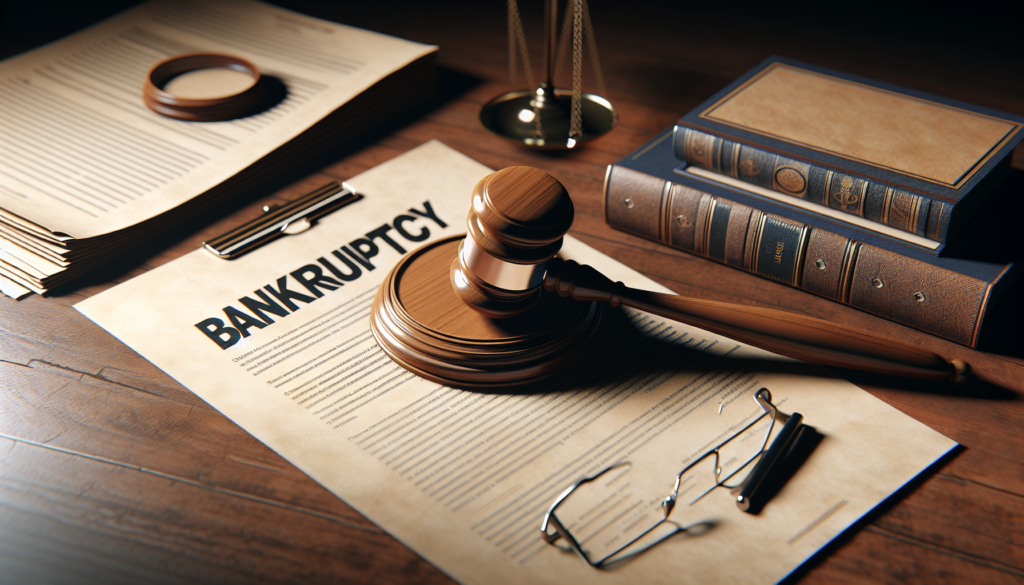
If you’re struggling with credit card debt, there are several reputable resources and organizations that can provide assistance, guidance, and tools to help you manage and potentially reduce your debt. Here are some valuable websites where consumers can seek help for credit card debt:
-
National Foundation for Credit Counseling (NFCC)
- Website: www.nfcc.org
- Services: The NFCC offers access to certified credit counselors who provide debt advice, credit counseling, and debt management plans. They can help you understand your options, create a budget, and potentially consolidate your credit card payments into one manageable monthly payment.
- How to Use: Visit their website and use the online locator to find an NFCC-certified counselor or agency near you. You can also call their toll-free number for immediate assistance.
-
Consumer Financial Protection Bureau (CFPB)
- Website: www.consumerfinance.gov
- Services: The CFPB provides extensive information on credit card debt, including how to manage it, understand your rights as a consumer, and how to file complaints against unfair practices by credit card companies.
- How to Use: Explore the website for articles, tools, and resources related to credit card debt. You can also submit complaints directly through their website if you’re experiencing issues with your credit card company.
-
Credit.org
- Website: www.credit.org
- Services: Credit.org is a nonprofit organization offering free credit counseling and debt management services. They can assist with budgeting, debt management plans, and financial education to help you tackle credit card debt.
- How to Use: Visit their website to sign up for a free credit counseling session or explore their educational resources and tools designed to help manage debt.
-
American Consumer Credit Counseling (ACCC)
- Website: www.consumercredit.com
- Services: ACCC provides credit counseling, debt management, and financial education services. They can help you analyze your financial situation, develop a budget, and create a plan to pay off your credit card debt.
- How to Use: Access their services by visiting their website and signing up for a counseling session or by exploring their financial education resources.
-
Debt.org
- Website: www.debt.org
- Services: Debt.org offers information and resources for individuals dealing with various types of debt, including credit card debt. They provide insights into debt management, consolidation, settlement, and counseling services.
- How to Use: Utilize their website to learn more about different debt relief options and to connect with debt relief specialists who can offer personalized advice and solutions.
Managing credit card debt can be challenging, but you don’t have to do it alone. These organizations provide valuable resources, counseling, and tools to help you get a handle on your debt and work towards financial stability. Whether you need advice, a structured debt management plan, or just more information on your options, these websites are excellent starting points for taking control of your credit card debt.
What About The Bankruptcy Option?
Bankruptcy is often considered a last resort for individuals overwhelmed by debt, including credit card debt, when other debt relief options have been exhausted or are not viable. While bankruptcy can offer a fresh start by discharging many types of debt, it’s important to understand its implications and the process involved.
Chapter 7 Bankruptcy:
- Debt Discharge: Chapter 7 allows for the discharge of unsecured debts, including credit card debt, medical bills, and personal loans. However, it requires passing a means test to determine eligibility based on your income and expenses.
- Asset Liquidation: Non-exempt assets may be sold to repay creditors, although many types of assets are protected under state or federal exemptions.
- Credit Impact: Chapter 7 bankruptcy remains on your credit report for 10 years, which can make obtaining credit, insurance, employment, or housing more challenging during that time.
Chapter 13 Bankruptcy:
- Debt Repayment Plan: Chapter 13 involves a court-approved repayment plan where you pay back all or a portion of your debts over three to five years. It’s suited for individuals with regular income who can afford to make monthly payments.
- Asset Retention: Chapter 13 allows you to keep your assets while you make payments under the plan.
- Credit Impact: Chapter 13 remains on your credit report for seven years and, like Chapter 7, can affect your ability to obtain new credit.
Considerations Before Filing for Bankruptcy:
- Legal Advice: Consulting with a bankruptcy attorney can provide clarity on whether bankruptcy is the right choice for your situation and help you understand the process and consequences.
- Alternative Solutions: Ensure that you’ve explored other debt relief options, such as debt consolidation, debt management plans, or negotiation with creditors, before deciding on bankruptcy.
- Financial Education: Bankruptcy can be a learning opportunity to reassess your financial habits. Post-bankruptcy, it’s crucial to adopt sound financial practices to avoid future debt issues.
Rebuilding After Bankruptcy:
- Credit Repair: After bankruptcy, you can start rebuilding your credit by obtaining a secured credit card, ensuring timely bill payments, and gradually taking on manageable credit to establish a positive payment history.
- Budgeting: Developing and sticking to a budget is crucial to maintain financial stability and prevent future debt accumulation.
Bankruptcy can provide significant relief and a path to a fresh financial start for those facing insurmountable debt. However, due to its long-lasting impact on your credit and financial standing, it should be considered carefully and typically as a last resort after other debt relief options have been evaluated. With the right approach and commitment to financial discipline, individuals can recover from bankruptcy and work towards a more secure financial future.
Helpful National Bankruptcy Organizations
If you’re seeking more information about bankruptcy, several national organizations provide valuable resources, guidance, and educational materials to help individuals understand the bankruptcy process, their rights, and the implications of filing for bankruptcy. Here are some prominent national bankruptcy organizations:
1. National Association of Consumer Bankruptcy Attorneys (NACBA)
- Website: www.nacba.org
- Overview: NACBA is a national organization dedicated to serving the needs of consumer bankruptcy attorneys and protecting the rights of consumer debtors in bankruptcy. They provide resources, education, and advocacy for bankruptcy attorneys but also offer useful information for consumers considering bankruptcy.
- Resources: The website offers a ‘Find an Attorney’ feature, allowing you to locate NACBA members near you. They also provide various consumer resources to help you understand the bankruptcy process.
2. American Bankruptcy Institute (ABI)
- Website: www.abi.org
- Overview: ABI is a multi-disciplinary, non-partisan organization dedicated to research and education on matters related to insolvency. While ABI primarily serves professionals in the bankruptcy field, it also offers resources that can be beneficial to consumers.
- Resources: ABI provides insights, research, and educational materials on bankruptcy. Their Consumer Corner offers information specifically designed for individuals considering bankruptcy.
3. United States Courts
- Website: www.uscourts.gov
- Overview: The official website of the United States Courts contains a section on bankruptcy that provides a comprehensive overview of the federal bankruptcy process, types of bankruptcy, and resources for filers.
- Resources: The site offers official information on the bankruptcy process, including how to file, the forms required, and a guide to the different chapters of bankruptcy.
4. Consumer Financial Protection Bureau (CFPB)
- Website: www.consumerfinance.gov
- Overview: While not exclusively focused on bankruptcy, the CFPB provides consumers with information and tools to make informed financial decisions, including considerations around bankruptcy.
- Resources: The CFPB offers educational materials on managing debt, dealing with debt collectors, and understanding your rights as a consumer, which can be helpful for those considering bankruptcy.
5. Legal Services Corporation (LSC)
- Website: www.lsc.gov
- Overview: LSC is a nonprofit organization that provides financial support for civil legal aid to low-income Americans. While not solely focused on bankruptcy, they can assist individuals who are considering bankruptcy and need legal advice.
- Resources: LSC can help connect individuals with legal aid organizations that offer free or low-cost legal services, including assistance with bankruptcy.
These national organizations offer a wealth of information and resources for individuals considering bankruptcy. Whether you’re looking for a qualified attorney, seeking to understand the bankruptcy process, or needing guidance on your rights and options, these organizations can provide valuable support and information to help you make informed decisions about your financial future.



Get a Free Bankruptcy Case Evaluation